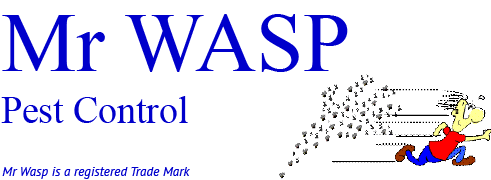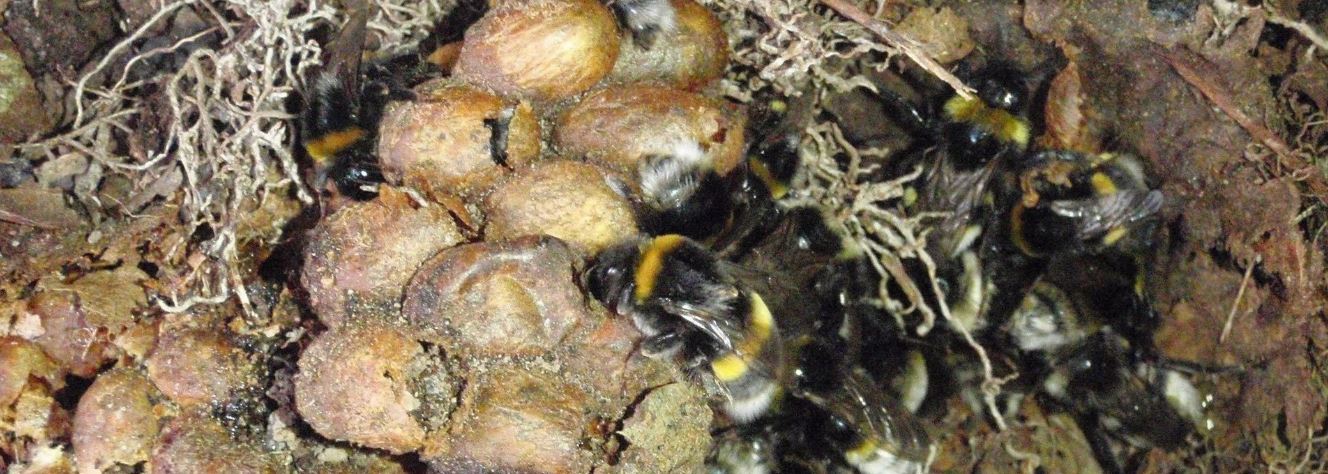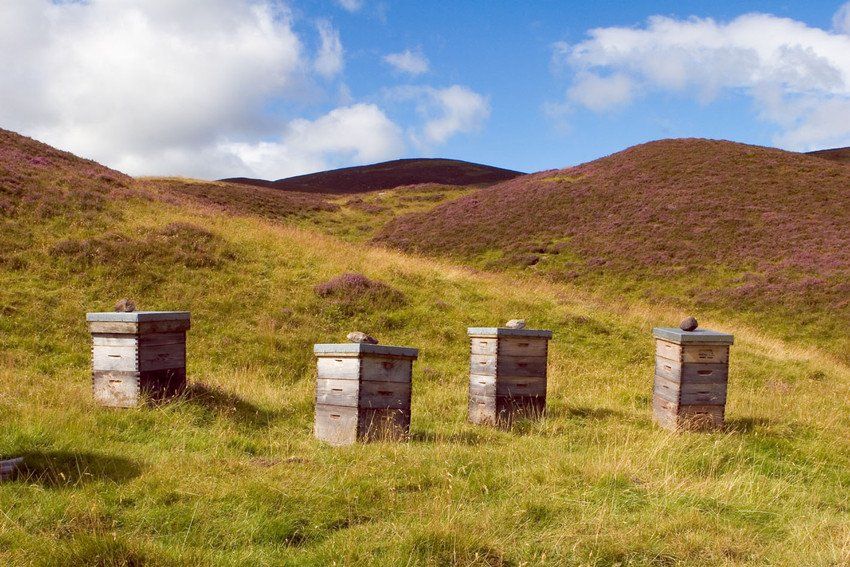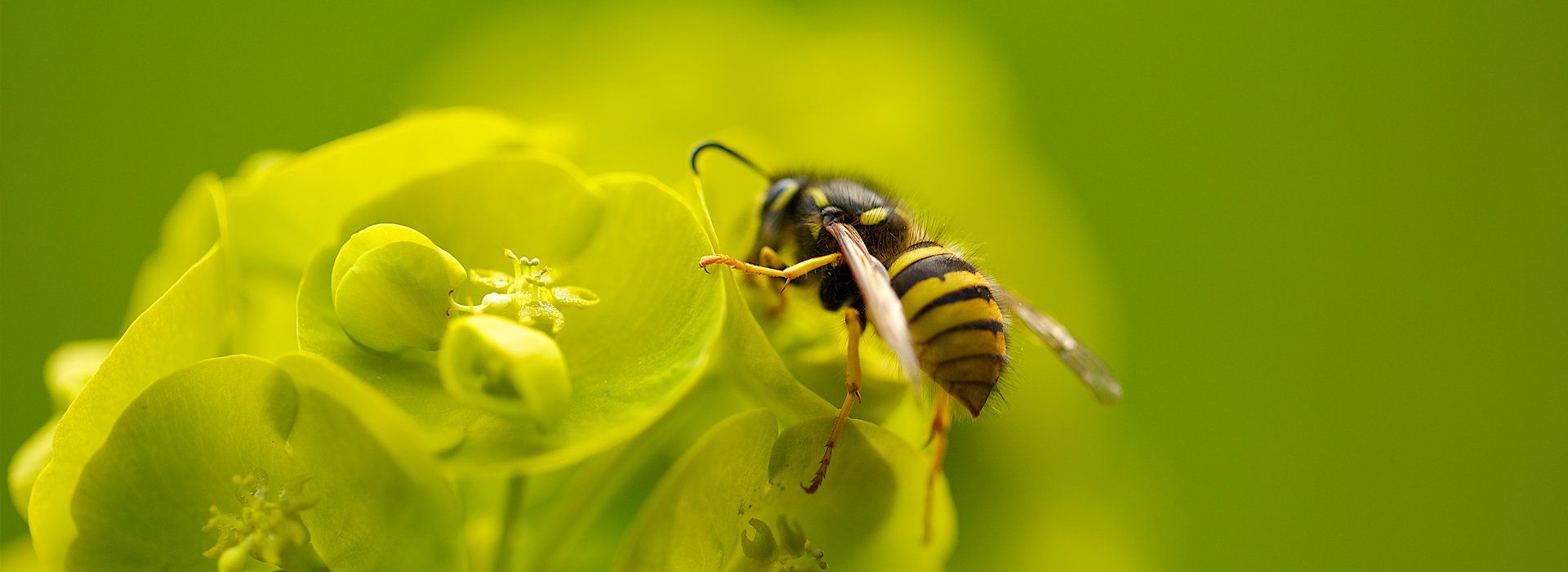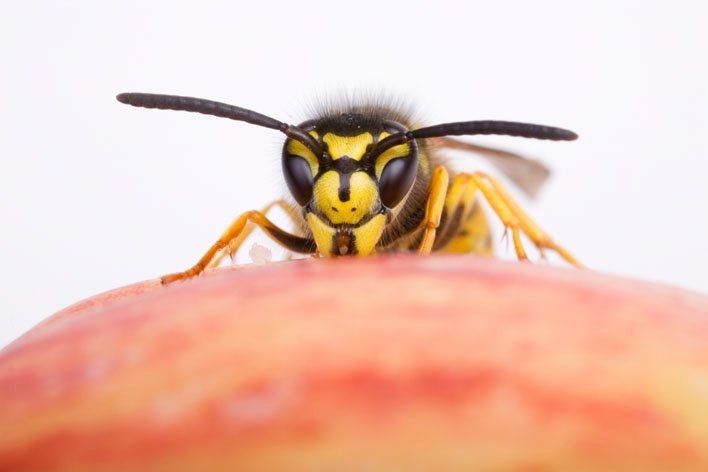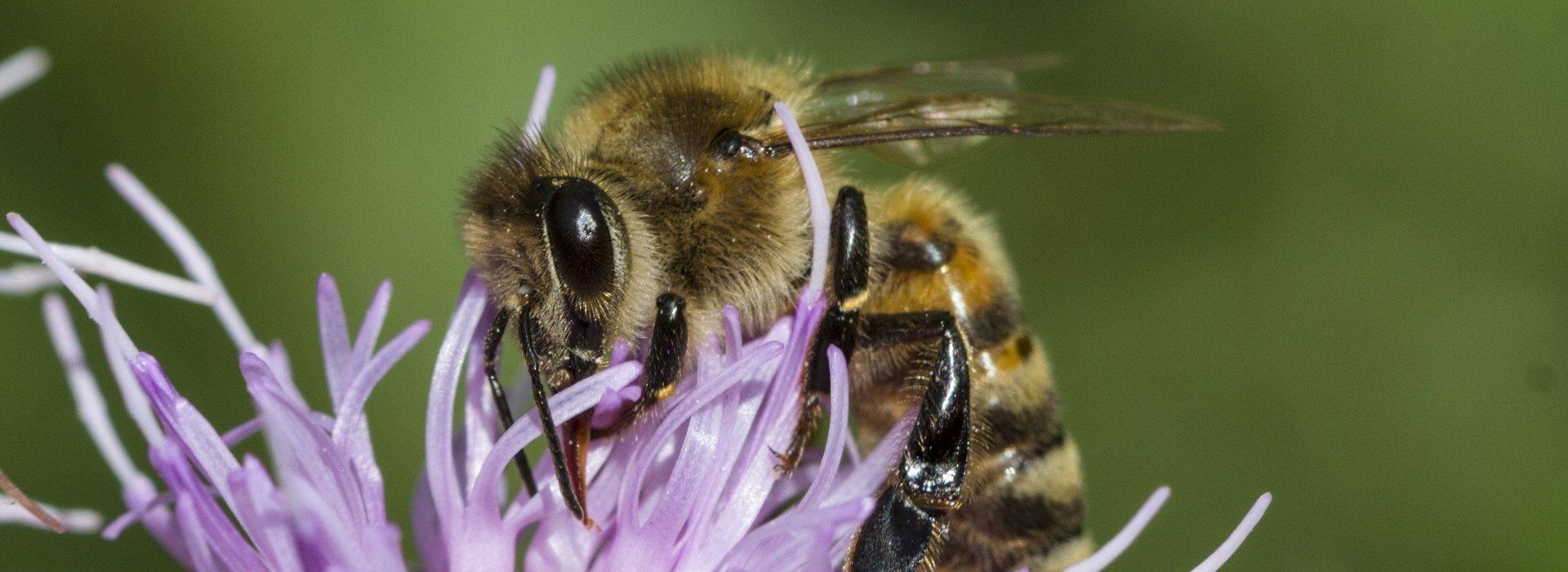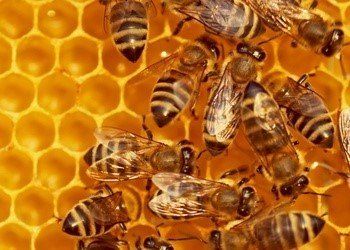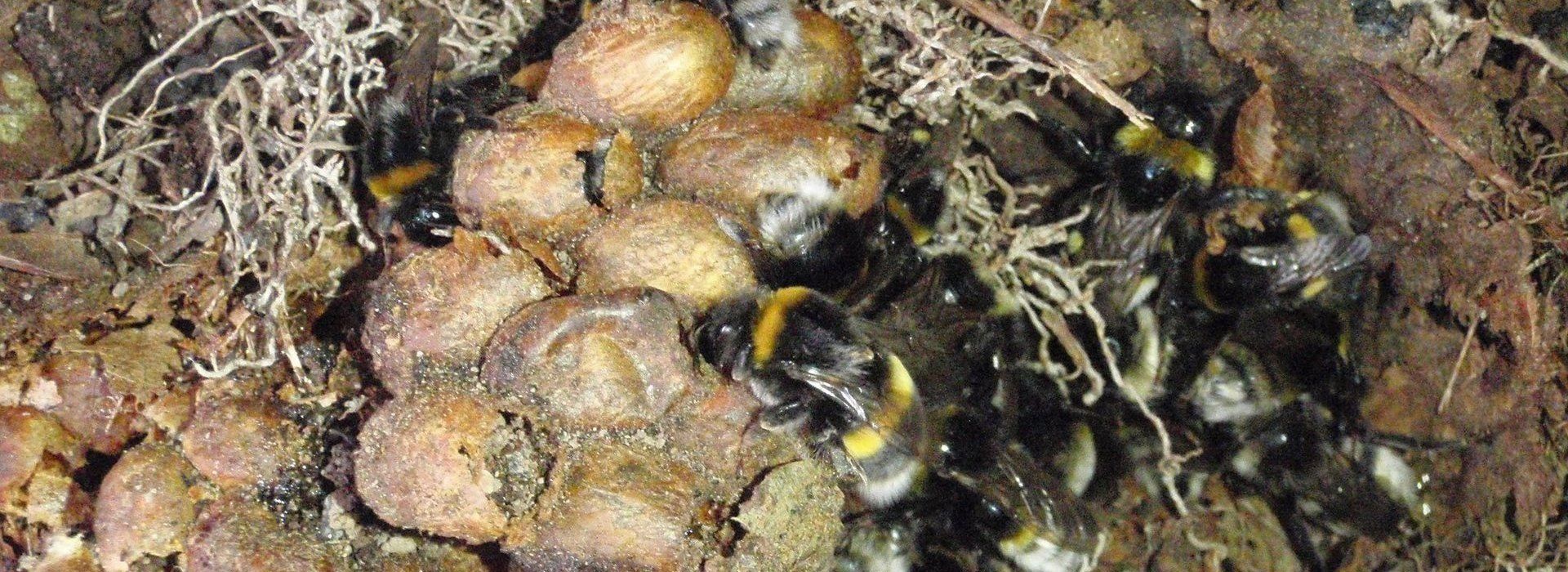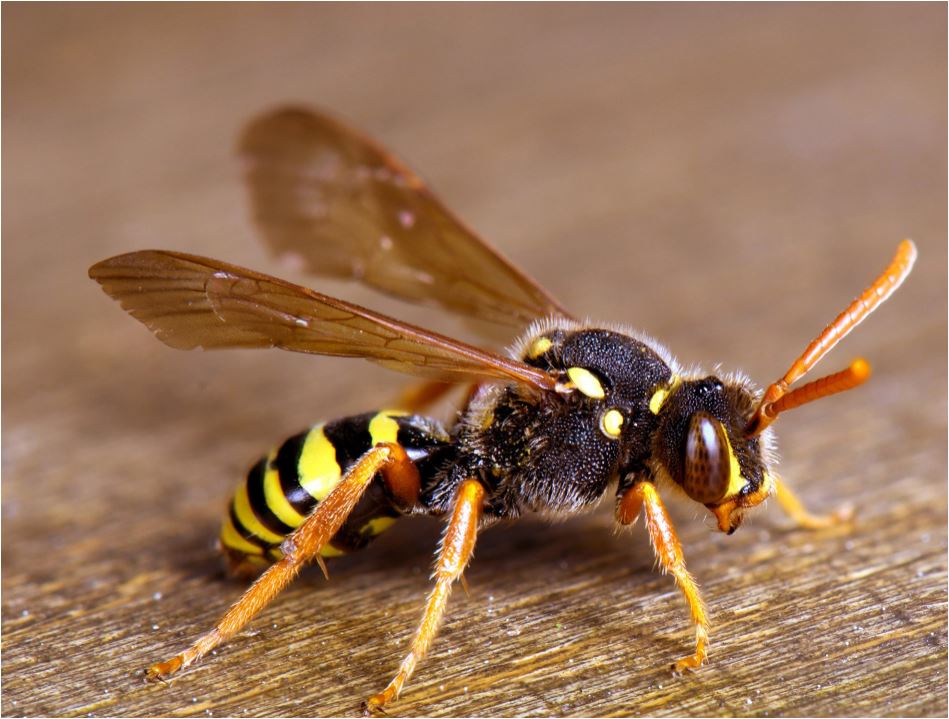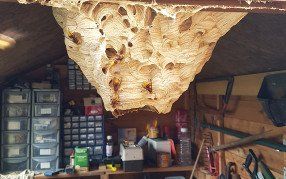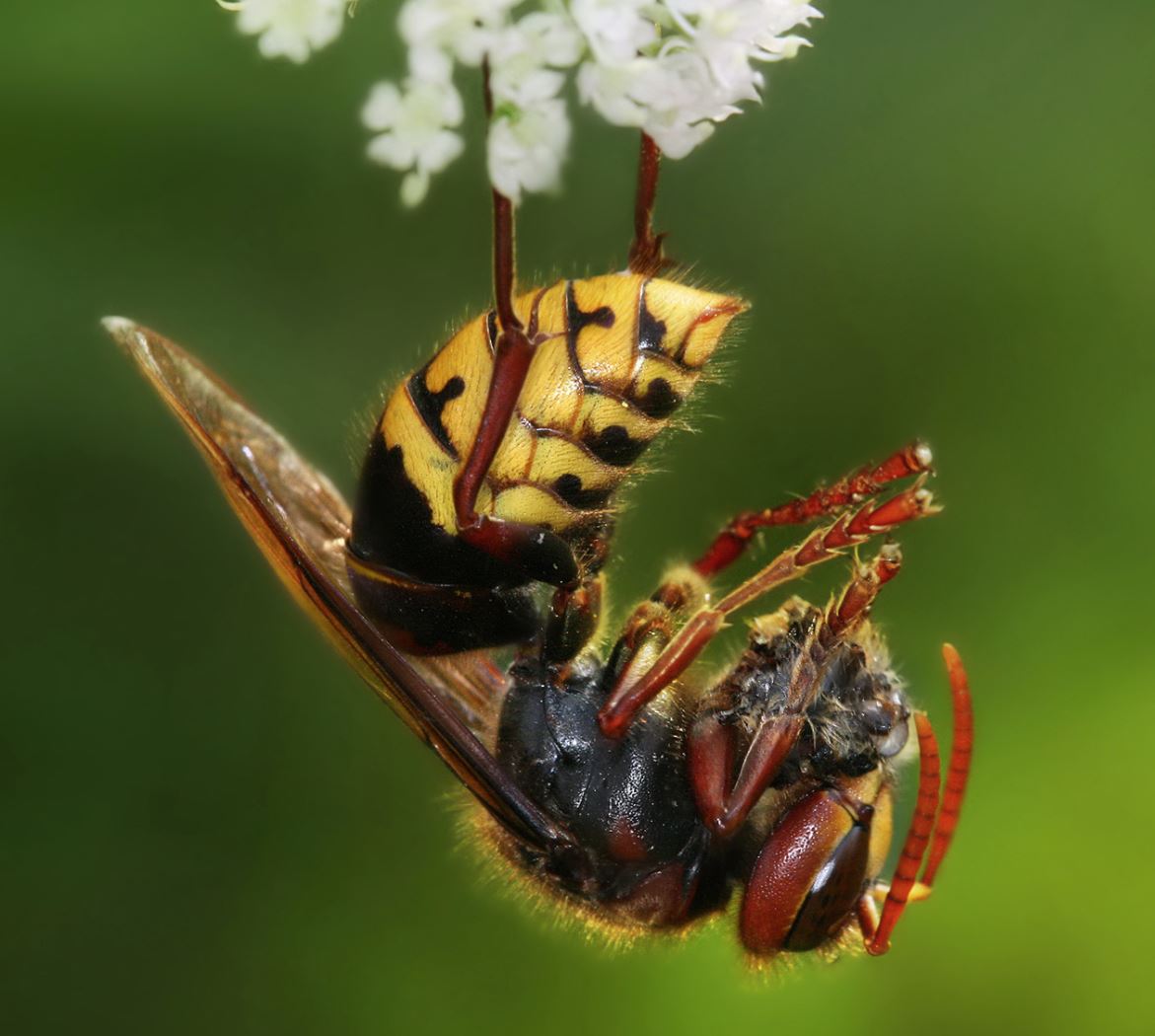What Happens to Bees in the Winter?
During spring, we start to see our favourite bugs and insects coming out from hiding including bees. Between April and September, bees are most active as this is the prime time to feed on the beautiful flowers that have come in the bloom and of course make honey. But, as the weather gets colder our buzzing friends slowly disappear, but where do they go?
There are many different types of bees and here we explain what happens to bumblebees in the winter.
Not all bees hibernate, however, when it comes to bumblebees only young fertile females (queens) survive the winter and the rest of the colony will die out. This period is important for queens as it keeps them well protected from starvation, predators and disease - some even spend as long as nine months hibernating!
What is the cycle of a bumblebee?
During spring and summer, the queen bee will lay several worker bees as well as new queens and males. These new queens will find males from other nests to mate with before going into hibernation and the old queens, males and workers will die. When out of hibernation the following year, the new queens will use the sperm from the males to fertilise her eggs and the cycle will continue.
Bumblebees usually hibernate in well drained soil that’s not exposed to low winter sun. Surprisingly, bumblebees can survive temperatures of -19 degrees despite thriving in the warmer months. Common locations for hibernation include loose soil, banks of earth and flower pots. If you discover hibernating bees, do not disturb them as this can interrupt their important cycle.
At Mr Wasp , we specialise in bee, wasp and hornet across Newport and other nearby locations. If you’ve found a nest in your home or business which could be unsafe, our team will assess the area and find the best course of action. Don’t put yourself at risk by trying to handle the situation yourself, get in touch with us today and find out how we can help.
